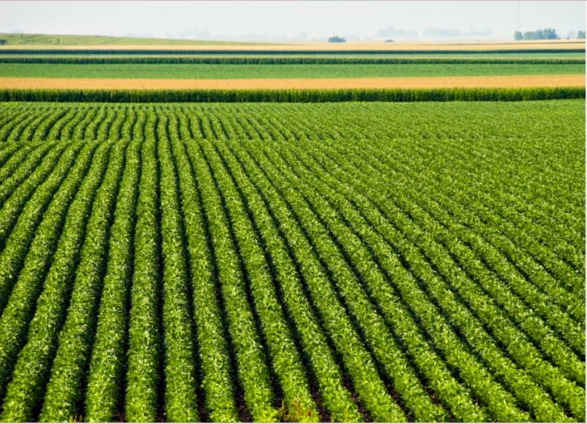A recent study conducted by the Institute of Statistical, Social and Economic Research (ISSER) has shed light on the continued prominence of biomass as a cooking fuel in Ghana's energy mix, despite a decline in its overall share.
The study emphasises the urgent need to increase access to clean and modern cooking energy services to address the challenges associated with the use of biomass for cooking.
Biomass, which includes wood, charcoal, and agricultural waste, has traditionally been widely used as a cooking fuel in Ghana.
However, the study reveals that while the share of biomass in the energy mix has been decreasing, it still remains a prominent source of energy for cooking in the country.
According to the findings, the residential sector has consistently been the largest consumer of energy, with energy consumption reaching approximately 3,636 thousand tonnes of oil equivalent (ktoe) in 2021.
This represents a 7.3 per cent increase compared to 2018. The reliance on biomass for cooking within households contributes significantly to this energy consumption.
One of the key factors driving the continued use of biomass for cooking is the lack of access to clean cooking fuels, such as liquefied petroleum gas (LPG) and electricity.
Many households, especially in rural and low-income areas, do not have access to these cleaner and more efficient cooking options, leading them to rely on biomass as a primary fuel source.
The use of biomass for cooking presents several challenges, including adverse health effects due to indoor air pollution, deforestation, and the time-consuming process of gathering fuelwood.
These challenges disproportionately affect women and children, who are primarily responsible for cooking and face greater exposure to harmful smoke and pollutants.
To address these issues, ISSER's study emphasises the importance of increasing access to clean and modern cooking energy services.
This involves promoting the use of clean cooking fuels such as LPG and promoting the adoption of efficient cookstoves and electric cooking technologies.
By increasing access to clean cooking energy services, Ghana can improve the health and well-being of its population, reduce deforestation, and mitigate the adverse environmental impacts associated with biomass use.
Additionally, transitioning to cleaner cooking fuels and technologies can contribute to the country's efforts to achieve its sustainable development goals, including those related to health, gender equality, and environmental sustainability.
Latest Stories
-
GJA orders re-run of Ashanti Regional Chairperson elections
27 seconds -
Gov’t to deploy AI at ports to curb revenue leakages – Finance Minister
3 minutes -
NPA scandal: Two more co-accused granted bail after meeting requirements
17 minutes -
Gov’t launches forensic audit of stalled projects following loan discrepancies – Finance Minister
18 minutes -
Minority Caucus demands repeal of L.I. 2462 as galamsey threat deepens
19 minutes -
Full text: 2025 Mid-Year Budget Review presented by Finance Minister
29 minutes -
State actors shielding galamsey networks – Minority Caucus alleges
29 minutes -
Gov’t targets completion of 24 stalled projects by end of 2028 – Finance Minister
33 minutes -
2025 Mid-Year Budget Review: This is the Reset Mahama promised – Ato Forson
33 minutes -
We see you, we hear you and we’re working for you – Ato Forson to Ghanaians
59 minutes -
Ghana deserves better than B- – Finance Minister tells rating agencies
1 hour -
‘Inshallah, Mahama will deliver’ – Ato Forson assures Ghanaians
1 hour -
Ghana’s economic confidence rebuilt in under 200 days – Finance Minister Ato Forson
1 hour -
Jeffrey Schlupp signs for Norwich City
1 hour -
NPA boss inspects Aviation fuel discharge at Tema Oil Jetty
2 hours

